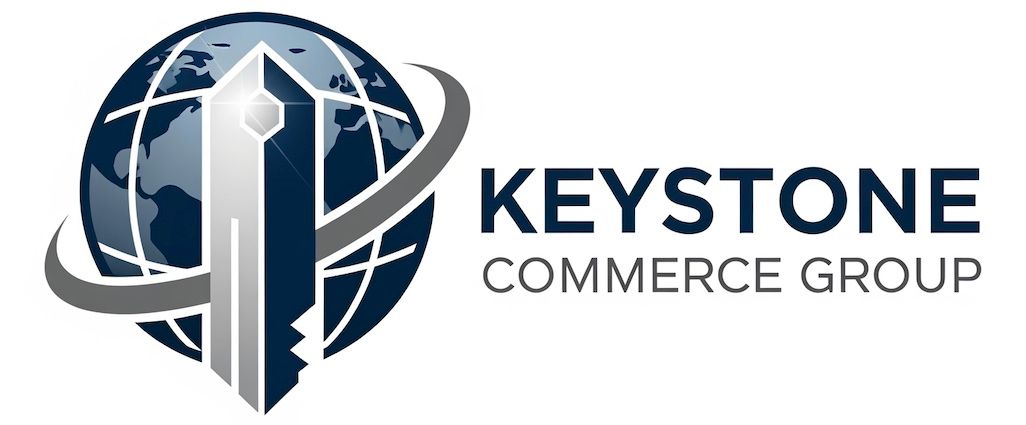Navigating Cultural Differences
Understanding Hierarchical Structures
In Middle Eastern business environments, understanding and respecting hierarchical structures is crucial. Hierarchies are often more pronounced than in Western cultures, with clear distinctions between roles and responsibilities. It is important to know who the decision-makers are and show respect to senior members during meetings and negotiations. Sometimes the decision maker isn't the higher ranked, designated by them, and should be respected.
Building relationships is vital in this region. Personal rapport often precedes business dealings, so take the time to engage in small talk and learn about your counterparts before diving into business discussions. You are not just signing a contract, you are building a long term relationship. This approach can significantly impact the success of your interactions.

Communication Styles
Communication in the Middle East often involves indirect methods, which can be misinterpreted. Many foreigners think the "inshallah" (God willing) in a polite "no". It is not. It's truly God's will. Bear in mind than you are in a culture the religion isn't an option, like in westerns countries. God is part of the culture, and the business relationships. There is always uncertainty. Understanding and respecting the culture is keys.
Body language is equally important. A firm handshake is customary, but it should be initiated by the host or the senior-most person present. Avoid using your left hand for gestures or passing items, as it is considered impolite.

Hospitality and Business Meetings
Hospitality is a cornerstone of Middle Eastern culture. When invited to someone’s office or home, it is customary to accept refreshments as a sign of politeness. Be prepared for meetings to start with tea or coffee, served in small, delicate cups, before transitioning to business topics.
Time management can be more fluid than in other regions. Meetings might not start on time, and discussions can be lengthy, but be on time.
Patience is key, as rushing through conversations can be viewed as disrespectful.

Dressing Appropriately
Dressing conservatively is important when conducting business in the Middle East. Men should wear suits or smart casual attire, while women should opt for modest clothing that covers arms and legs. In some regions, wearing a headscarf may be advisable for women.
Understanding the local dress code not only shows respect but also helps in creating a favorable first impression during business engagements.
Do not try to dress like locals, unless you understand the culture 100% and speak Arabic. It is not a disguise.

Navigating Diverse Cultures
The Middle East is a diverse region with various cultural norms and practices. Countries like Saudi Arabia and the United Arab Emirates have distinct traditions and business etiquettes. Conducting research on specific customs can provide valuable insights and tailor your approach effectively.
Being adaptable and open-minded when encountering unfamiliar customs will enhance your ability to navigate the complexities of Middle Eastern business etiquette successfully.
For more information and training about cultural differences, contract negociation and closure in the Middle East, call us.
